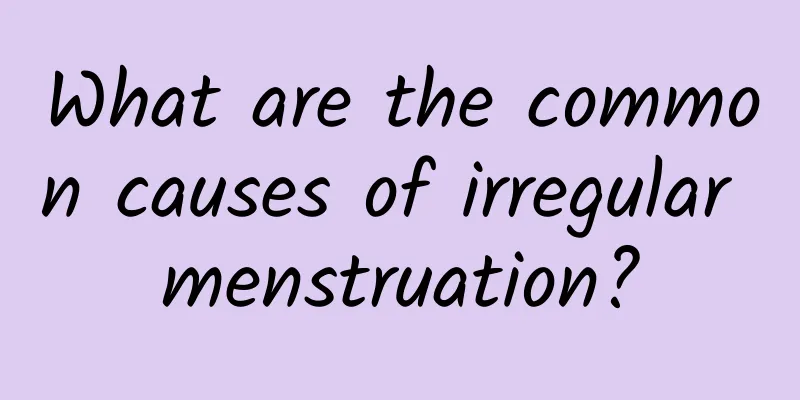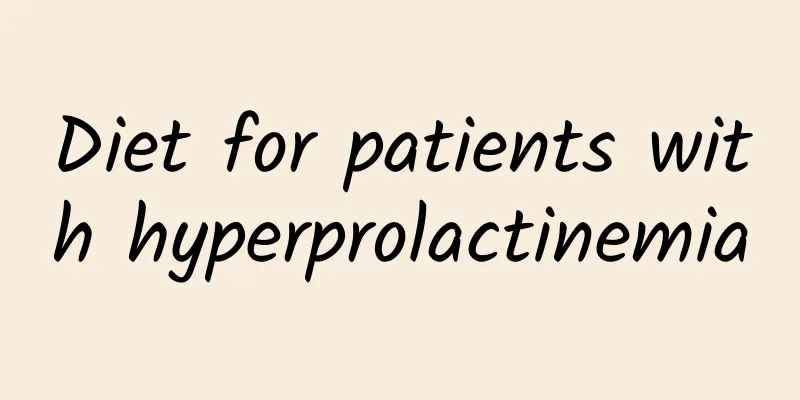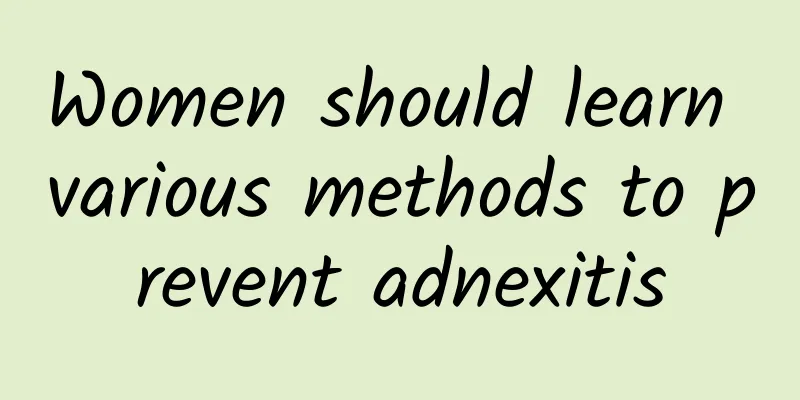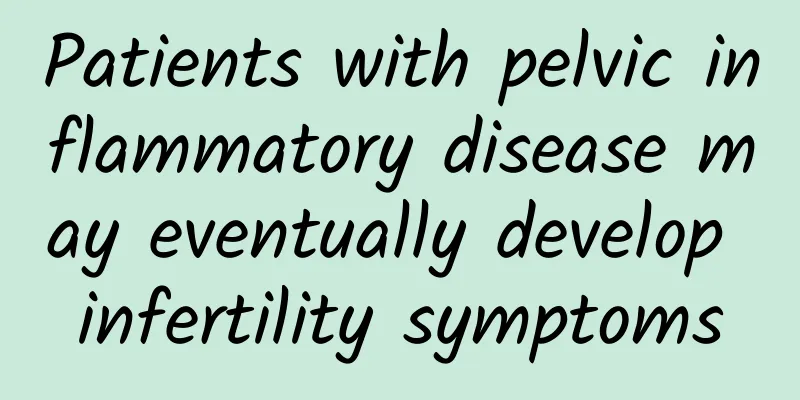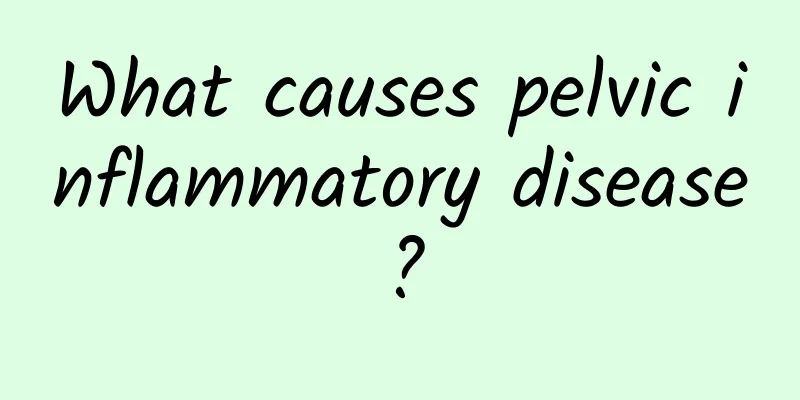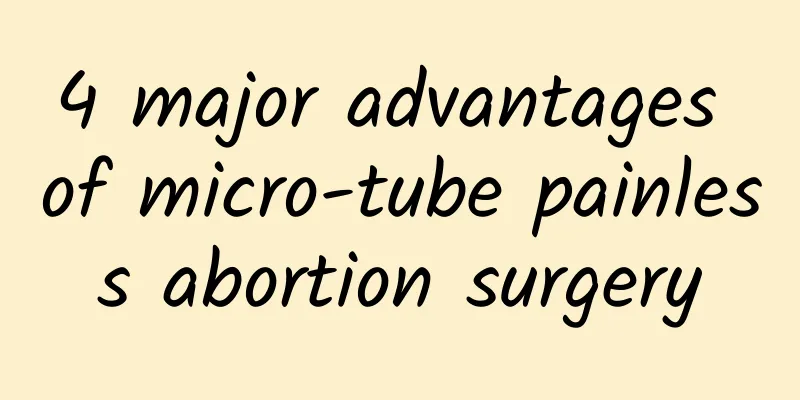How to treat ovarian cysts
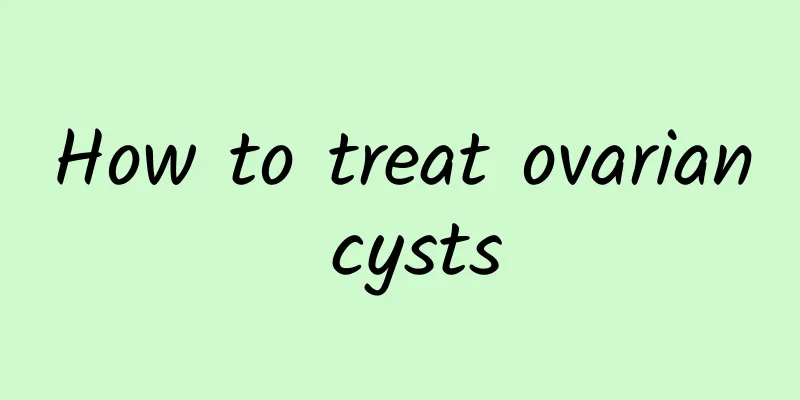
|
Ovarian cysts are not uncommon, and many women may discover this problem during a physical examination. Typically, ovarian cysts are sac-like structures formed by the accumulation of fluid or semi-fluid material in the ovaries. Although it may sound scary, most ovarian cysts are benign and do not pose a serious threat to health. There are many treatment options, and the specific options depend on the type of cyst, size, and whether symptoms occur. Watchful waiting is a common approach. Many ovarian cysts go away on their own within a few cycles, especially functional cysts, which are often related to the menstrual cycle. If the cyst is not causing discomfort, your doctor may recommend regular follow-up visits to monitor changes with ultrasound. This approach works well for small, asymptomatic cysts, especially in women of childbearing age. For those with significant symptoms or larger cysts, medication may be an option. Oral contraceptives are sometimes used to help regulate menstrual cycles and prevent new cysts from forming. While they cannot shrink existing cysts, they can reduce the risk of future cysts. If the cyst is causing pain, your doctor may recommend pain medication to relieve the discomfort. Surgery is suitable for larger or persistent cysts, especially those suspected of being malignant. Surgical methods include laparoscopic surgery and laparotomy. Laparoscopic surgery is less invasive and has a faster recovery, making it suitable for most benign cyst removal. Laparotomy is suitable for more complicated cases or when malignancy is suspected. After surgery, the doctor will recommend follow-up treatment and regular checkups based on the specific situation. In daily life, maintaining a healthy lifestyle can also help maintain ovarian health. A balanced diet, regular exercise and good work and rest habits can help maintain the balance of hormones in the body and reduce the risk of cyst formation. Regular physical examinations are an important means of early detection and treatment of ovarian cysts. Through reasonable treatment and lifestyle adjustments, most women can effectively manage ovarian cysts and stay healthy. |
<<: What does superconducting flow mean?
>>: Things that can cause miscarriage if a pregnant woman touches them
Recommend
What are the treatments for endometrial tuberculosis?
Endometrial tuberculosis is a very common and fre...
What causes adenomyosis and how to prevent it
What causes adenomyosis? How to prevent adenomyos...
What should I do if I suddenly have heavy menstrual flow during menopause? Learn more about it early
If menstruation suddenly becomes heavy during men...
What medicine should I take to treat uterine fibroids during menstruation? What should I eat to detoxify during menstruation if I have uterine fibroids?
Uterine fibroids during menstruation are one of t...
What are the factors that cause vulvar leukoplakia?
What are the factors that cause vulvar leukoplaki...
What are the obvious symptoms of cervical precancerous lesions?
What are the symptoms of cervical precancerous le...
What is the reason for heavy menstrual flow?
What is the reason for heavy menstrual flow? Ther...
Why do women have repeated attacks of cervicitis? You should know the 6 major factors that cause cervicitis in women.
Infertility refers to the inability to get pregna...
What are the dangers of menstrual disorders
Menstrual irregularities can have many adverse ef...
Ladies, please pay attention to submucous uterine fibroids!
Submucosal uterine fibroids are a common disease,...
What Chinese medicine is better for endometriosis?
What are the traditional Chinese medicines for tr...
What acupoints should be massaged to treat uterine fibroids? Massage techniques to treat uterine fibroids
What acupoints should be massaged to treat uterin...
What medicine should I take to treat cervical warts?
In daily life, cervical warts are a common diseas...
It is very important to do a good job of health care to prevent ectopic pregnancy
Ectopic pregnancy is a very serious acute abdomin...
What to do if you feel gas in your stomach after abortion? Do these 5 things
Some people always feel gas in their stomach afte...
